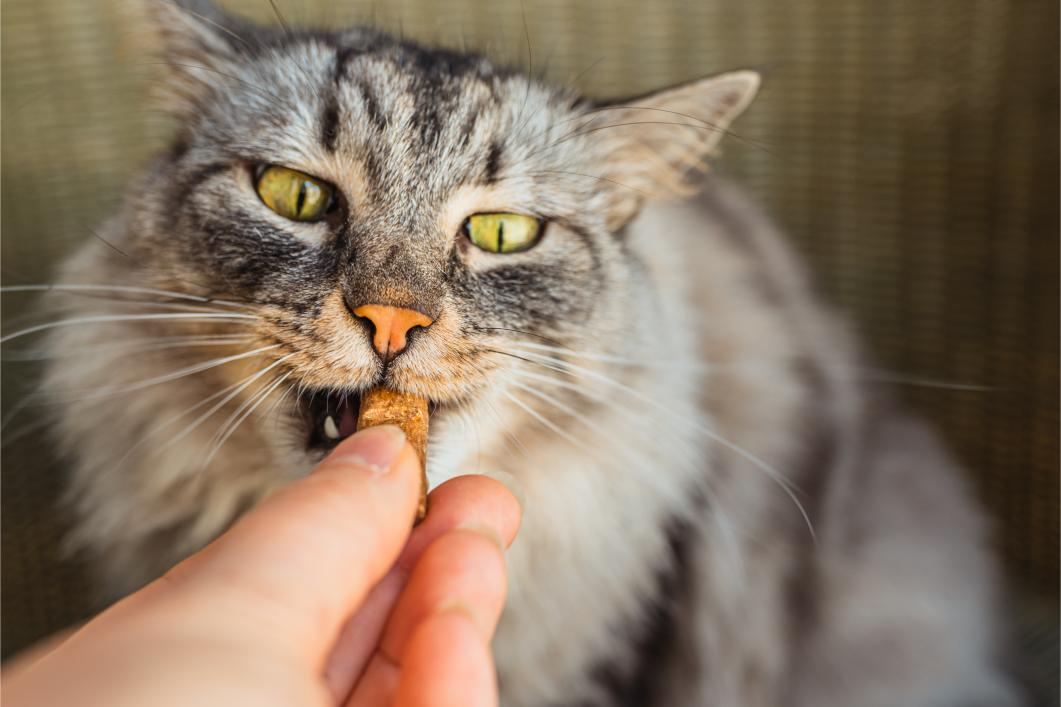Is My Cat Too Fat? Identifying and Managing Feline Obesity

If your tabby’s tummy is almost touching the ground, you are not alone. An estimated 63% of cats in the United States have a weight problem, according to recent studies. And while a floofy feline may look extra cuddle-worthy, it isn’t healthy for a cat to carry excess weight.
At All Critters Veterinary Hospital, we prioritize well-rounded care that includes helping pets maintain a healthy weight throughout their lives. In this blog, we help pet parents understand the risks of feline obesity, and what to do if they find themselves wondering, Is my cat too fat?
Is My Cat Too Fat?
Cats aren’t known for sitting obediently on a scale, which is why we’ll weigh your cat at every visit and let you know if your pet is at risk of feline obesity. But here are some rules of thumb:
- Cats tipping the scales at 10-20% above their optimal poundage are considered overweight.
- When a cat’s weight is more than 20% higher than their ideal weight, a diagnosis of feline obesity is made.
- On average, a healthy cat weighs between 8-12 pounds, but other factors such as frame size, breed, and amount of lean muscle mass come into play.
The Risks of Feline Obesity
Your calico may look extra cuddly with some spare LBs, but the risks of feline obesity far “outweigh” the positives. Overweight cats are more susceptible than their slim counterparts to serious health conditions, including:
- Heart disease
- Respiratory issues
- Diabetes
- Chronic inflammation
- Cancer
- High blood pressure
- Arthritis
- Disc and joint problems
What Causes Feline Obesity?
Factors related to your pet’s lifestyle, age, and eating habits all play a role in a cat’s weight, including the following:
- A sedentary lifestyle: Common with indoor-only cats.
- Neutering: Altered pets tend to have slower metabolisms but greater appetites.
- Middle age: Cats ages 8-12 are more likely to pack on the pounds than kittens or senior pets.
- Health conditions: Cats with arthritis or other painful health problems are typically less active.
- Serving a dry food only diet: A diet consisting of primarily dry food can lead to weight gain.
- Offering too many treats.
- Sharing people foods.
Balancing the Scales in Favor of Your Cat’s Health
In addition to your veterinarian’s recommendations for weight control, there are daily practices you can implement to improve your cat’s chances of staying fit and trim.
- Provide your cat with daily stimulation and opportunities to play.
- Serve high-quality cat food tailored for your pet’s age and lifestyle factors.
- Reward your cat with head scratches and snuggles, rather than treats.
Helping your cat maintain a healthy weight is one of the keys to pet longevity. If you have questions about the risks of feline obesity or if you would like to schedule an appointment, please contact us at (614) 305-2085.
